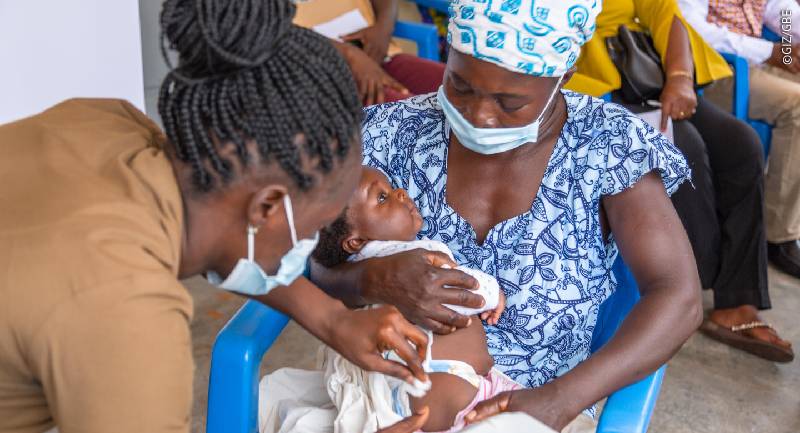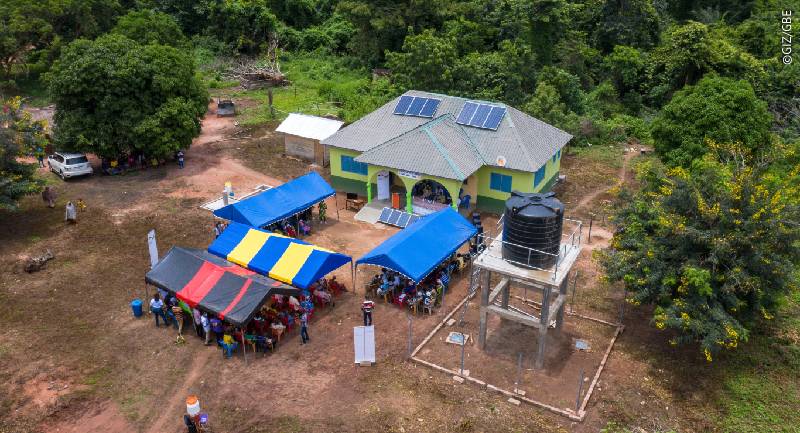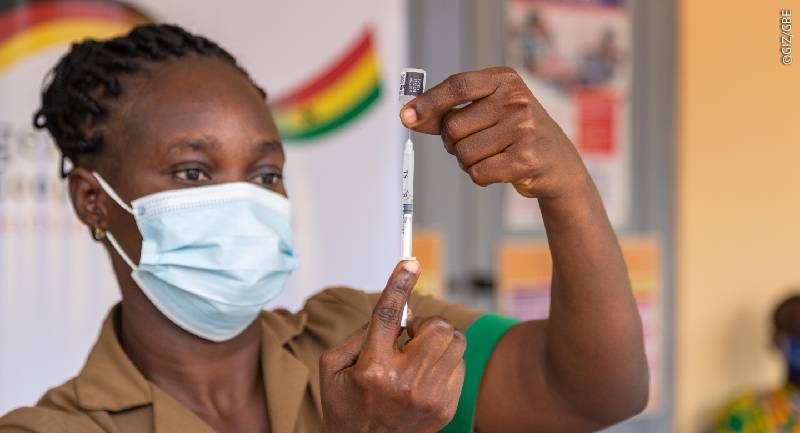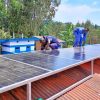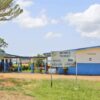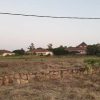Solar power helping to improve medical services in rural clinics in Ghana
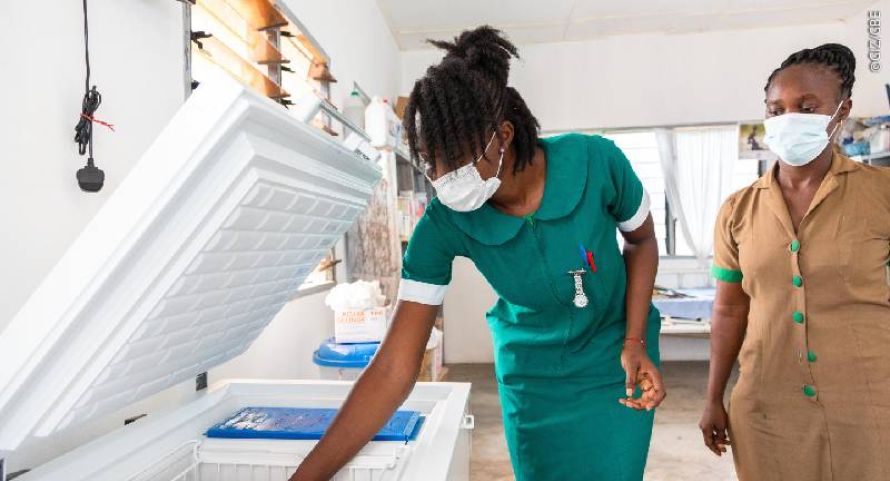
Working with remote districts in Ghana’s Afram Plains, Germany’s Green People’s Energy initiative has helped bring power to rural clinics. Disconnected from the grid, most clinics can only work during the day. They are also limited in the type of medical equipment they can maintain. However, lamps, fridges for vaccines, ventilation and sterilization systems can easily run on solar power. Medical services previously only available in larger towns far away, are now available in local clinics and with a better standard.
The beautiful districts in the Afram Plains are home to many farming villages and communities with hard-working residents. Aunty Ama is one of them. In the village of Praprababida, she farms tomatoes with her husband. They have one child and are expecting another. However, both are worried about the pregnancy. The birth of their first child, Kojo, was complicated.
In the late hours one night in September 2019, Aunty Ama had severe contractions and had to rush to clinic. The rural healthcare centre in Praprababida – a Community-based Healthcare Planning and Services (CHPS) compound – could not operate during the night back then. It had no connection to the national electricity grid. The closest clinic with able to provide treatment after dark is in the small city of Donkorkrom, over ten kilometres away.
No local means for medical treatment at night
The only means of transport from the village to the nearby city is by foot, motorbike or tricycle. The roads are rough and in poor condition. Travelling at night is especially dangerous. The roads are not lit either, nor are the communities nearby. There simply is no electricity.
Suffering from severe contractions, Aunty Ama had to travel these same roads on the back of a motorbike. She arrived at the clinic in critical condition. Her life and that of her baby were hanging by a thread. While the doctors managed to save their lives, the experience was traumatic. When health personnel at Praprababida CHPS told her she was pregnant again, Ama was not happy.
Ama’s story is no exception for pregnant women living in rural areas. They have to travel by boat, motorbike or tricycle to access accessing health centres in critical conditions and late at night. Despite the dangers of travelling on water and land after dark, they have no other option.
Belinda works at the CHPS in Praprababida, one of over 500 rural clinics in Ghana created to help reduce health inequalities, promote basic health care and remove geographical barriers to healthcare for rural communities. As very few CHPS compounds or centres have electricity, she cannot provide services at night. Without electricity, there is no light, no ultrasound scanner or cold stored medicine. On top of that, with scorpions and snakes hiding in the dark, working late is also unsafe. She therefore lives in a town nearby and travels to the CHPS every day. Clinics without electricity cannot operate 24/7 and cannot treat patients in emergency situations outside opening times.
Using the sun’s energy to power more than just basic medical equipment
The Ghana Health Service (GHS) took these circumstances into consideration together with Germany’s Green People´s Energy initiative, and decided to focus on the Afram Plains North & South Districts to improve existing health services. With funds from the German government through the initiative, the GHS was able to install 30 solar power systems and vaccine refrigerators in ten local clinics. Now, lamps and vaccine fridges, ventilation and sterilization run on solar-powered electricity. Medical services like obstetrics and vaccinations now fulfil modern standards.
Furthermore, health workers and selected residents from local communities, mainly women, are trained in operating and managing the systems. The installation company also provides maintenance responses. The communities were advised to partly monetize the solar system through phone and torch charging. This lets clinics generate fund savings for replacements and repairing installed material.
This year, 20 more rural sites will have received electricity by April 2022, with improvements to medical infrastructure. The proposed locations for CHPS compounds and new installations in Afram Plains can potentially reach some 65,000 people, as maps show.
Clean energy also contributing to good health and well-being in rural Ghana
After the installation of the PV systems, health workers like Belinda are now available 24/7 and can live in the CHPS compound. They can use equipment like ultrasound scanners and sterilisers at the facilities. This can help reduce child and maternal mortality, raise life expectancy, improve health services as well as improve working and living conditions of the people living in rural areas.
Pregnant Aunty Ama can now visit Praprababida CHPS at any time of the day and night. The fear and anxiety about her second pregnancy is almost gone, now that she knows someone will always be there at the clinic and that modern equipment is available for her and other expecting mothers. She is glad she no longer has to travel long distances for treatment, above all not when things get complicated.
The Ghana Health Service has further plans to bring Covid19 vaccines to rural areas. With the availability of electricity from solar power, cooling facilities can now store vaccines even in rural areas, ensuring proper distribution and application to help fight pandemic.
